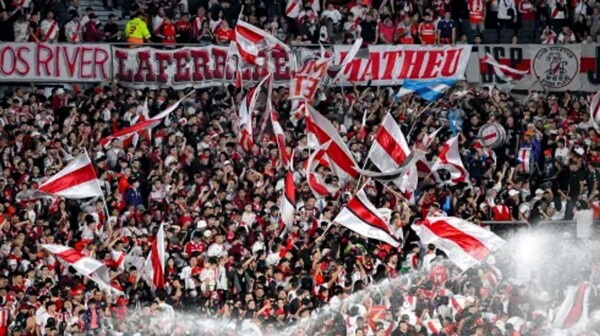
The unions supporting the national strike have expressed their concern about the vision promoted by Javier Milei, one of the leaders of the new economic program, which they consider a threat to the labor rights acquired through decades of effort. Meanwhile, the Government has labeled these unions as intransigent and accused them of trying to overthrow the current government.
In contrast, sectors like the Truck Drivers led by Pablo Moyano have supported the strike as a show of strength against what they consider an economic model aimed at dismantling the role of the State and prioritizing an uncontrolled free market. The government has criticized the unions that supported the strike, accusing them of defending privileges at the expense of the majority of Argentinians.
Despite the support of 30 unions from the CGT, the strike did not achieve widespread impact, and sectors such as the transport sector led by Roberto Fernández decided not to join the strike. This generated an impact on the functioning of trains, planes, subways, trucks, and ships. The government interpreted the measure as an attempt at political destabilization.
Finally, the cancellation of the strike occurred after an agreement between the National Government and business chambers, where it was agreed to raise the minimum wage for bus drivers. Although the measure had a strong territorial and sectoral impact, some interpretations in official offices indicate that the impact on the population was not as significant as expected.














